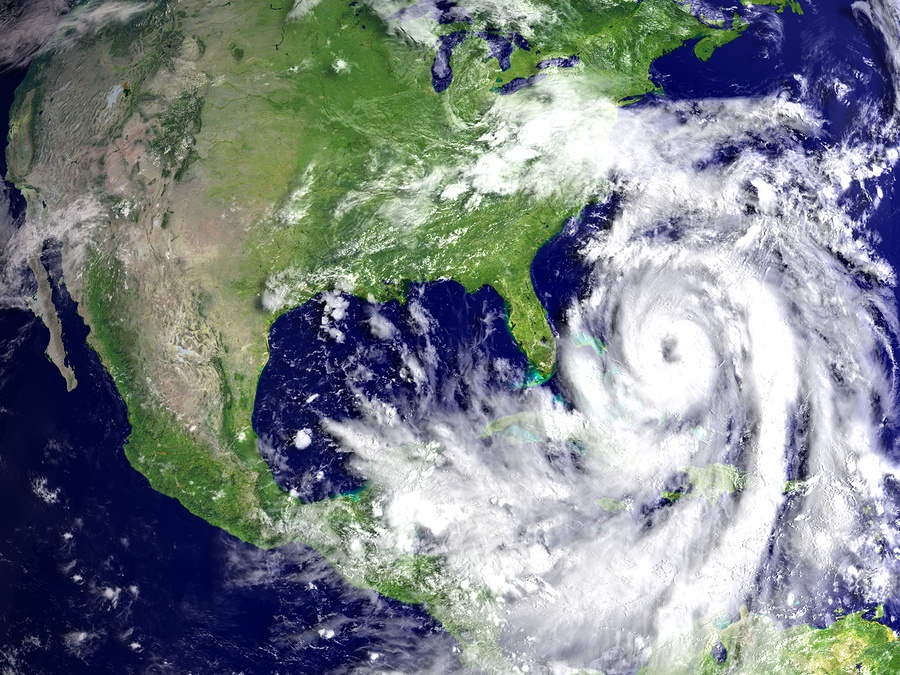[vc_row][vc_column][vc_column_text]
 Weather isn’t the only threat to fear in a hurricane. Cyber criminals are using the chaos and destruction following Hurricane Matthew to take advantage of unsuspecting web users using malware and phishing scams. The US Computer Emergency Readiness Team (US-CERT) issued a press release tuesday with six preventative measures to take.
Weather isn’t the only threat to fear in a hurricane. Cyber criminals are using the chaos and destruction following Hurricane Matthew to take advantage of unsuspecting web users using malware and phishing scams. The US Computer Emergency Readiness Team (US-CERT) issued a press release tuesday with six preventative measures to take.
US-CERT warns users to remain vigilant for malicious cyber activity seeking to capitalize on interest in Hurricane Matthew. Users are advised to exercise caution in handling any email with subject line, attachments, or hyperlinks related to Hurricane Matthew, even if it appears to originate from a trusted source. Fraudulent emails will often contain links or attachments that direct users to phishing or malware-infected websites. Emails requesting donations from deceptive charitable organizations commonly appear after major natural disasters.
US-CERT encourages users and administrators to use caution when encountering these types of email messages and take the following preventative measures to protect themselves from phishing scams and malware campaigns:
-
- Do not follow unsolicited web links in email messages.
- Use caution when opening email attachments. Refer to the Security Tip Using Caution with Email Attachments for more information on safely handling email attachments.
- Keep antivirus and other computer software up-to-date.
- Refer to the Security Tip Avoiding Social Engineering and Phishing Attacks for more information on social engineering attacks.
- Review the Federal Trade Commission information on Charity Scams.
- Verify the legitimacy of any email solicitation by contacting the organization directly through a trusted contact number. You can find trusted contact information for many charities on the BBB National Charity Report Index.
Be wary of hurricane related content from untrusted sources. If you’re unsure if your antivirus is up-to-date, or if your network is secure, contact the security experts at Great Lakes Computer today.
[/vc_column_text][/vc_column][/vc_row]

